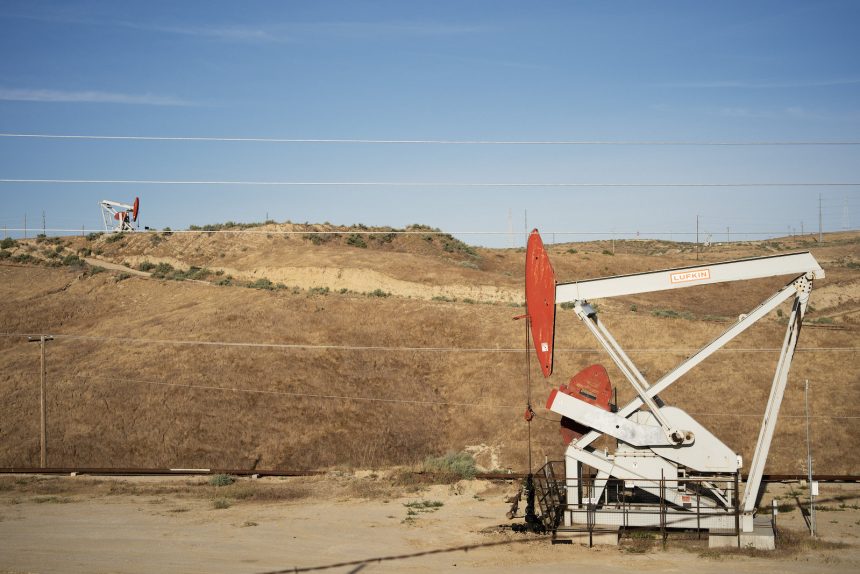This story was produced by Grist and co-published with High Country News. It was supported by the Fund for Environmental Journalism of the Society of Environmental Journalists.
Les Clark III assumed leadership of the West Side Recreation and Park District in 2018, during a tumultuous time in Taft, California. The oil pumps that had been a familiar sight in the town suddenly stopped moving, signaling an economic downturn. Taft, a town of 9,000, had long relied on the oil industry, with Kern County producing over 140 million barrels of oil annually, making it one of the largest oil-producing counties in the U.S.
The sudden halt in oil production had a ripple effect on Taft’s economy. The town had been accustomed to the generous contributions and donations from oil companies, funding schools, scholarships, and community events. However, as oil prices fell and drilling slowed, Taft began to feel the impact of the oil industry’s decline.
Les Clark, a former athlete turned recreation center manager, found himself facing challenges as oil companies reduced their contributions to the park district. Forced to lay off employees and scale back programs, Clark witnessed firsthand the toll the oil crash was taking on the community, particularly the families of laid-off oil workers who could no longer afford youth sports programs.
As governments worldwide shift towards renewable energy to combat climate change, the concept of a “just transition” for fossil fuel-dependent communities has gained traction. This transition entails governments supporting displaced workers and communities, helping them transition to new industries and prevent economic collapse. However, many communities, like Taft, have yet to receive the promised support.
In a unique twist, California Resources Corporation (CRC) in Kern County unveiled a pioneering plan to capture and store carbon dioxide in depleted oil wells, creating new jobs for former oil workers and revitalizing the local economy. This plan, if successful, could provide a lifeline for communities like Taft, facing the challenges of transitioning away from oil without government intervention.
The ambitious carbon capture project has garnered support from various community leaders in Taft, signaling a potential shift towards climate action within the oil town. While the road ahead is uncertain, the prospect of a new industry emerging from the decline of oil offers hope for a community grappling with economic uncertainty.






